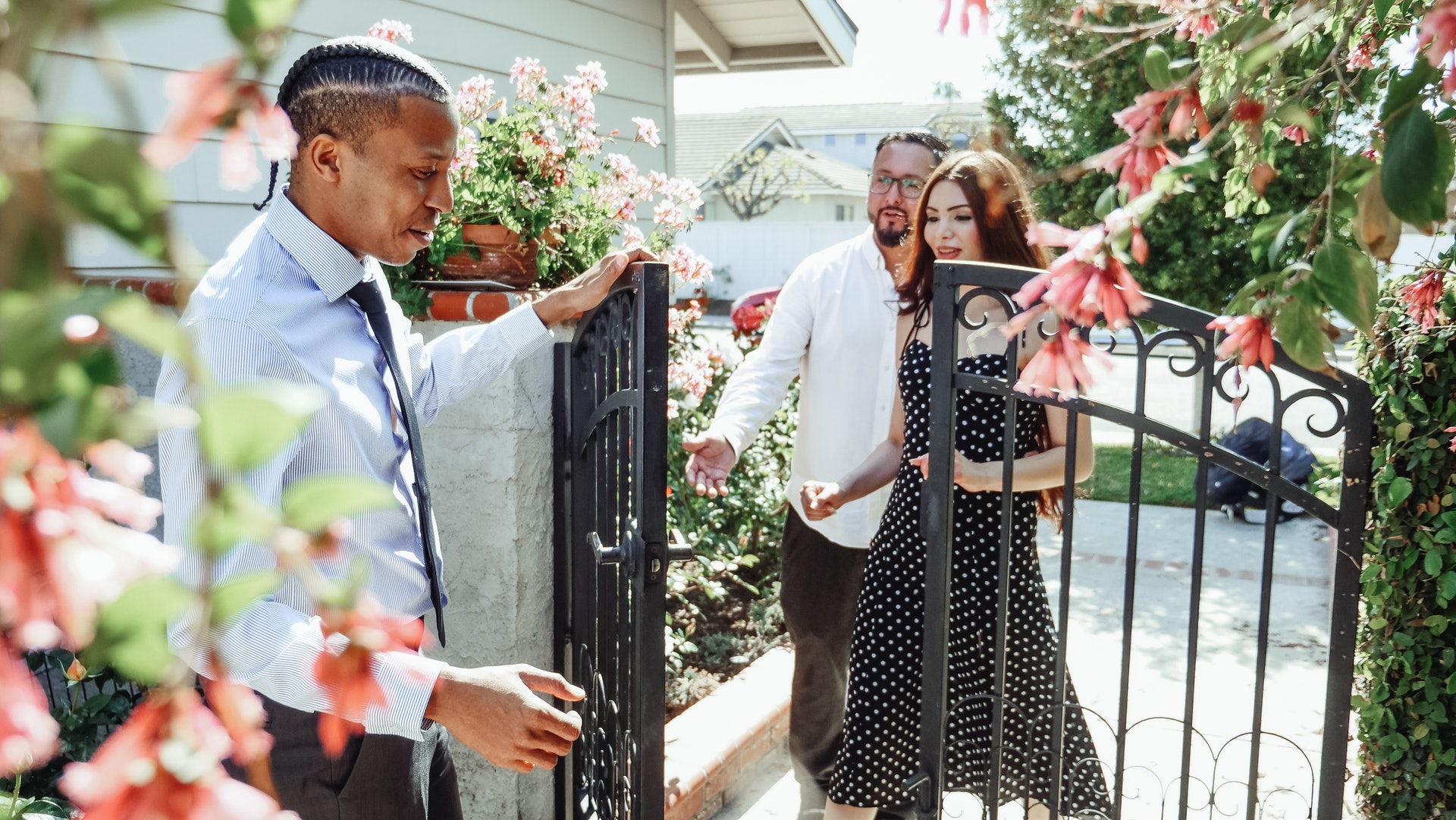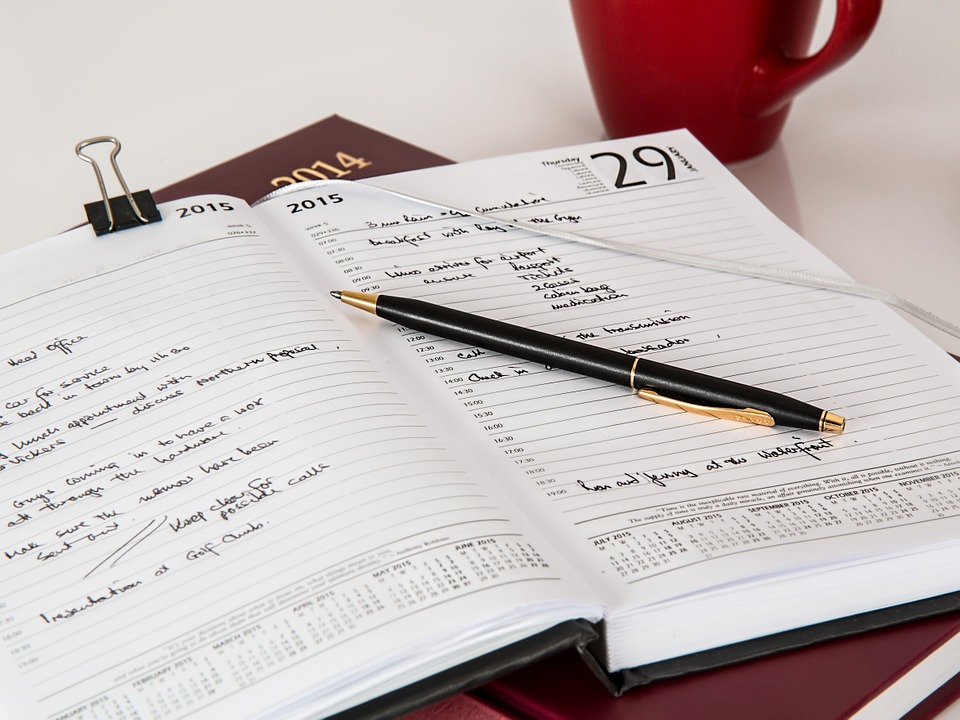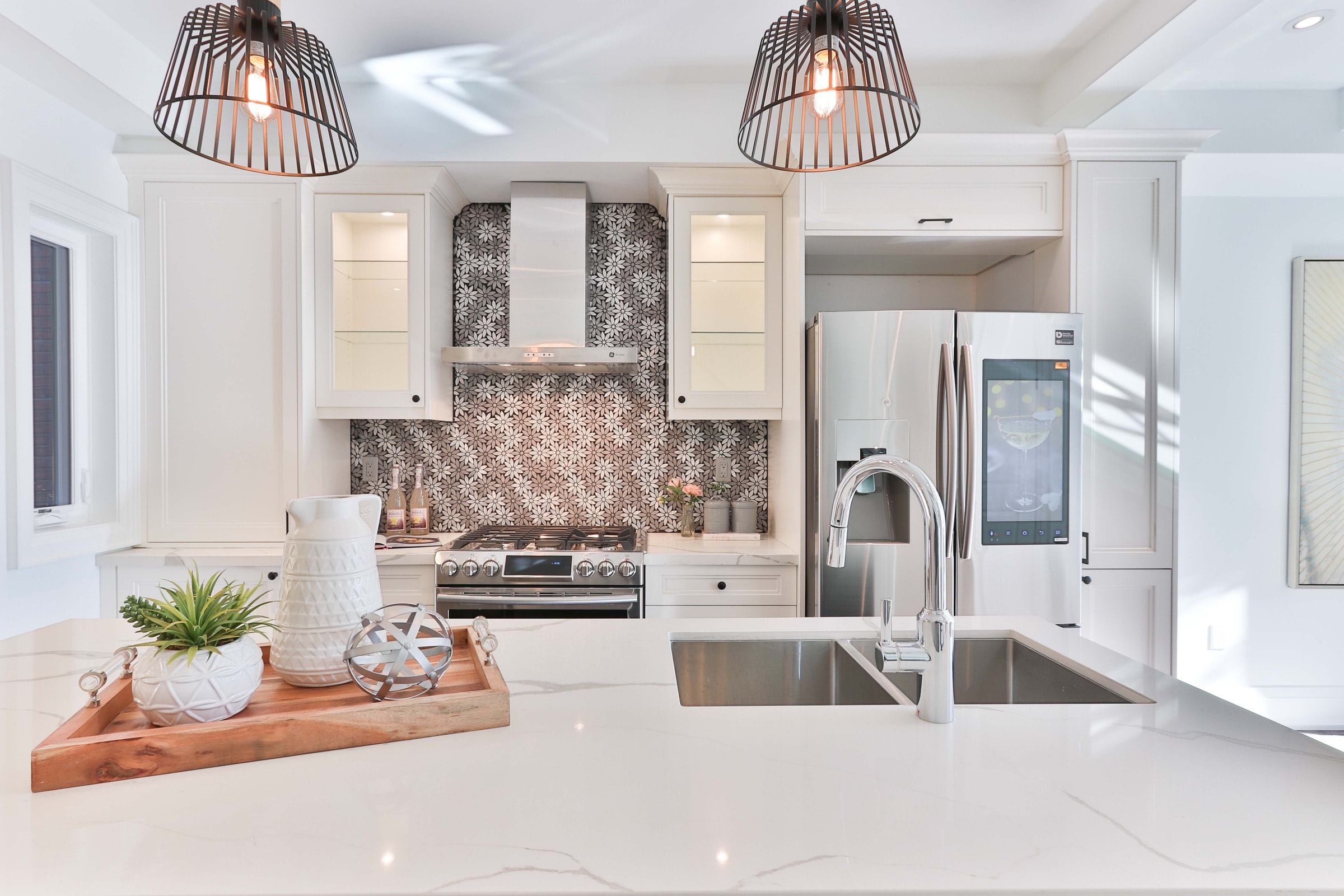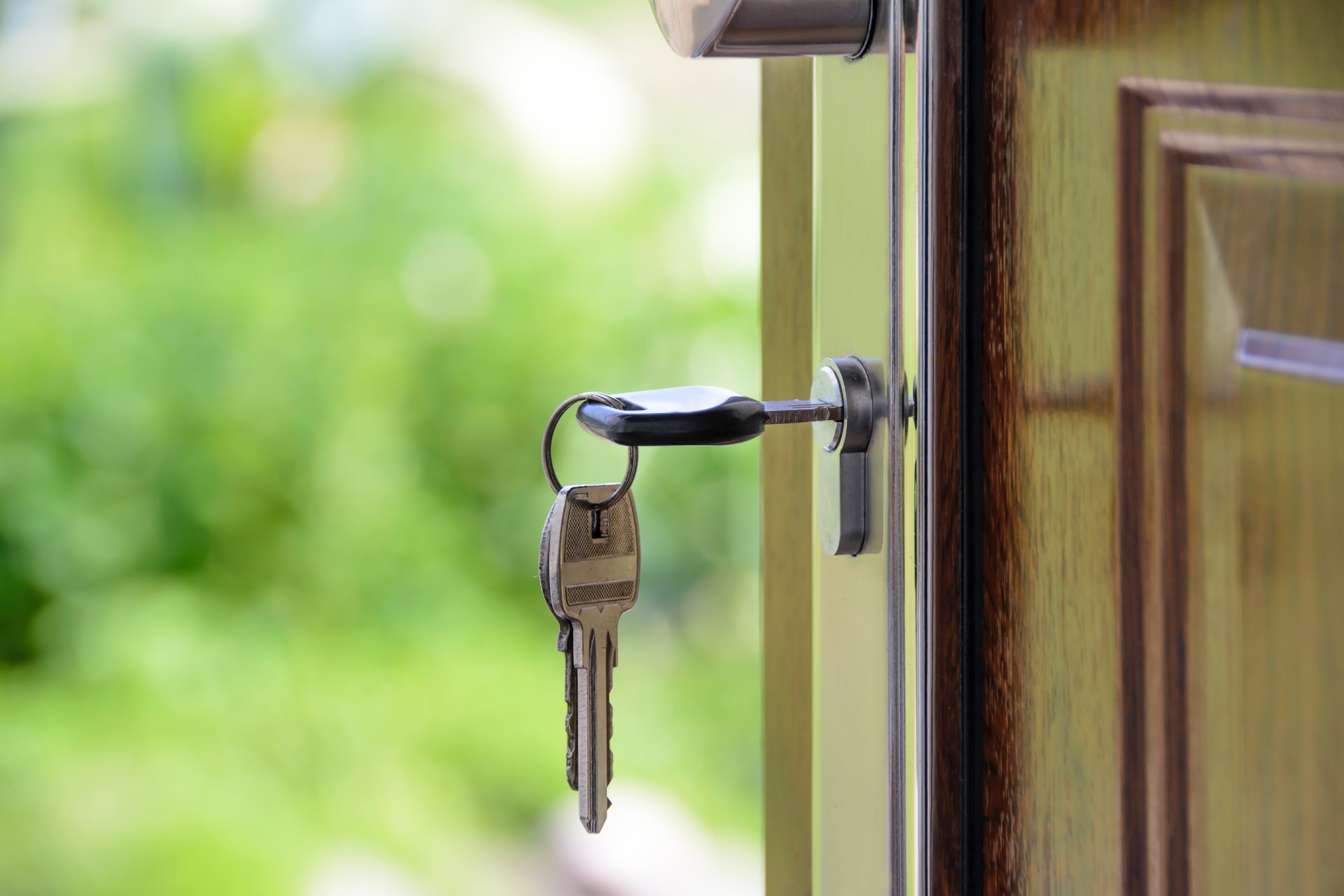Landlord Blog
Education and news for smart DIY landlords!
House Showing: The Best Practices for Home Sellers

House showing is the practice of providing a private home tour to a potential house buyer for a day. This gives them a better view of a home inside and out. Both a seller and a buyer can benefit through house showing in multiple ways.
One reason to do a showing is that it’s scheduled in advance so that the seller and buyer can be present at a convenient time. Another reason is that both parties can negotiate without interruptions from other potential buyers.
However, there’s one problem with house showing. Potential buyers can be total strangers and you don’t want people you’re not well acquainted with entering your home and touring the premises. So, here’s a list of house showing practices that won’t only protect yourself and your belongings, but will also motivate a buyer into purchasing your home.
1. Security measures
Once you put your home up for sale, you are susceptible to scammers, thieves, and aggressive buyers who’ll enter your property without an appointment. It’s important to put up a front-yard sign that your house is protected by surveillance cameras and install any matter of security.
2. Hide everything that’s valuable, dangerous, and personal
Guns, knives, jewelry, credit cards, personal effects, fragile, poisonous objects, or anything that can be used to harm you should be stashed away. Store them in a bank, vault, or rented warehouse.
3. Show by appointment only

Impromptu showings put you at a disadvantage because you aren’t ready for it but they are. That puts you at high risk of theft, scams, or the likes of Marie Schrader from Breaking Bad. Only show your home to a potential buyer with a mutual schedule agreement.
4. Put potted plants at the front entrance
Well-cared plants outside your home’s entrance will give off a welcoming feel. A buyer who feels welcomed is most likely to make calm decisions and be more open to your terms during the negotiation process.
5. Clean all sorts of clutter, dirt, and stains
Every clutter from your front porch to the backyard must be dealt with. But the most important part of your home you should clean is your kitchen. It is the biggest selling feature of a property.
6. Emphasize arrangements that make the interior appear spacious

A spacious and neutral-looking home makes it easy for a buyer to imagine how living in it would be. Along with your valuables and personal effects, store your excess possessions such as furniture and decorations somewhere else.
7. Limit showings to qualified and serious buyers
Don’t waste your time entertaining joy reservers, window-shoppers, or other types of buyers who aren’t serious. Although they can be converted into qualified leads, it’s not a good practice to do so in a pandemic era. The best way to know who the serious buyers are is by requesting them to present a pre-qualification letter before scheduling a home tour.
8. Don’t show alone
Have trusted people or a real estate agent to assist you during a house tour, especially if your property has two stories and the buyer’s party involves more than two individuals. As the saying goes, “Strength in numbers.”
9. Control traffic

Choose one access point that both your party and the buyer should use. Lock all the others. Don’t allow anyone to sneak out with your belongings or surprise you because you left a door open.
House showing is one of the most critical events during the house selling process. You’re basically welcoming people you don’t know into your abode without assurance they’ll buy it. Experts suggest providing potential buyers with a virtual home tour before talking about the home showing appointment.
Read more tips below for house selling!
